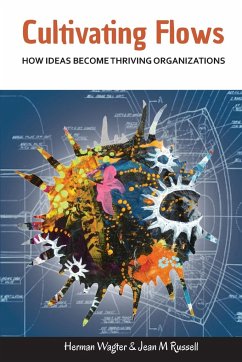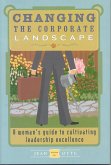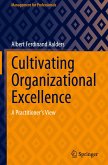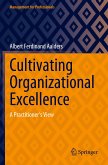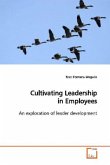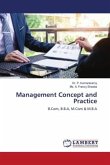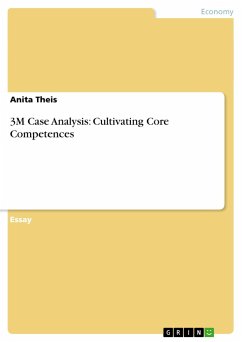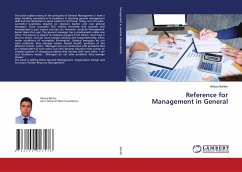The Internet has transformed the way we live and work - by unleashing the power of shared ideas, the power of instant communication, the power of cooperation while being separated by time and distance. The image of an organisation as a static machine was a misconception, caused by the slow trickle of information. Now that the brakes are off, we see torrents flow: vast flows of data, information, and knowledge; flows of influence and innovation; flows of ideas and people… once you notice them, it's increasingly clear that "forms and flows" of ideas and information overwhelm the "structures and processes" we were comfortable with. The force of shared ideas and information is clear: they shape how we organize ourselves. The challenge is to guide this force, to cultivate valuable flows, to nurture shared ideas into thriving organizations, to develop concepts and language to methodically approach this challenge. Countless business start-ups, hybrid organizations and even conventional companies are frantically learning how to work with flows - there is no guidebook. Which is why Jean Russell and Herman Wagter, both long active in this field, set out to interview business pioneers and founders, researchers, practitioners, investors and others with experience of how flows work and how to shape them. In Cultivating Flows (not 'Managing Flows'!) they pull together that experience, and their own, to explain how flows work and how best to work with them. They take us through key stages of development like Reframing, Navigating, Operationalizing and Iterating. They introduce us to key concepts like Emergent, Networked, Event-Driven (ENE) efforts; Social Technology, Social Protocols, and Social Organisms; Process Hierarchies; and Coherence They offer us a dozen, detailed Use-Cases of social flows in action. And behind it all they're building a unique resource of interviews, articles, case studies and experience in a website that supports this book. For anyone seeking to start, join, reimagine, reshape, update, or "run" an organization or a movement in this exciting new world, Cultivating Flows is a kind of gardener's manual, an indispensable resource and an inspiration.
Hinweis: Dieser Artikel kann nur an eine deutsche Lieferadresse ausgeliefert werden.
Hinweis: Dieser Artikel kann nur an eine deutsche Lieferadresse ausgeliefert werden.

